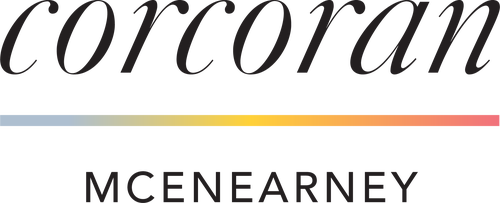Choose an Agent
The State of Virginia gives you the right to hire your own Buyer Agent to represent you throughout the transaction. A licensed Realtor® will explain all the steps that need to be taken to buy a house. Many buyers do not understand that, when they visit an Open House, the agent there is representing the seller's interests. In order to have an agent represent your interests, you will need to sign an agreement with that agent that outlines exactly what services will be provided and the cost. Usually, when a seller offers a property for sale through the multiple listing service, the seller will pay a commission to a Buyer Agent who brings him or her a ready, willing, and able buyer. If you are considering the purchase of a For Sale By Owner, your agent can add in the fee to handle the transaction.
Your agent will be able to recommend lenders, inspectors, and other experts that you may need throughout the process. A good agent will consult with you about your lifestyle needs. Do you like an urban lifestyle? Near public transportation? Or perhaps a suburban lifestyle with a single family home and a yard suits you better. Maybe you're looking for a planned community with many amenities close by. By asking questions about how you plan to live your new life, your agent will be able to locate properties that meet your lifestyle needs. A good agent will also negotiate on your behalf and recommend a buying strategy, depending on market conditions. You'll even need an agent to negotiate on your behalf if you're buying a new home.
Before you can visit properties, it's best to find out how much buying power you have. A knowledgeable agent will know what neighborhoods meet your criteria for amenities and cost.
Know Your Buying Power
Part of the Lifestyle Transition Process is to know how much you can afford to purchase. A lender's job is to gather information about your financial picture and let you know how much you can afford price-wise and how much it will cost on a monthly basis, based on the type of program you choose, the amount of the down payment, the interest rate, and other factors. Choose a local, reputable lender who has the ability and experience to get the paperwork to settlement on time. You will run into companies that promise a low rate, but watch out for hidden fees that may not appear until you're at the settlement table. There is also the possibility that the lender you're using might be out of business. And out-of-state lenders may not be able to process the paperwork fast enough to get it to you on time. Your Realtor® will be able to recommend several reputable lenders.
As you apply for a loan, you need to consider your personal finances. How much you earn versus how much you owe will likely determine how much a lender will allow you to borrow.
First: determine your gross monthly income. This will include any regular and recurring income that you can document. If you can't document the income or it doesn't show up on your tax return, then you can't use it to qualify for a loan. However, you can use unearned sources of income such a alimony or lottery payoffs. And if you own income-producing assets such as real estate or stocks, the income from those can be estimated and used in this calculation. Your loan officer will guide you through this process and answer your questions.
Second: Calculate your monthly debt load. This includes all monthly debt obligations like credit cards, installment loans, car loans, personal debts or any other ongoing monthly obligation like alimony or child support. If it is revolving debt like a credit card, use the minimum monthly payment for this calculation. If it is installment debt, use the current monthly payment to calculate your debt load. And you don't have to consider a debt at all if it is scheduled to be paid off in less than six month. Add up al these figures to get your monthly debt.
Most lenders will not let you take out a loan that will overload your ability to repay everyone you owe. Although every lender has slightly different formulas, here is a rough idea of how they look at those numbers.
Typically, your monthly housing expenses, including monthly payments for taxes and insurance, should not exceed about 28 percent of your gross monthly income. If you don't know what your tax and insurance expense will be, you can estimate that about 15 percent of your payment will go toward this expense. The remainder will be used for principal and interest repayment.
In addition, your proposed monthly housing expense and your total monthly debt combined cannot exceed about 36 percent of your gross monthly income. If it does, your application may exceed the lender's underwriting guidelines and your loan may not be approved.
Remember, there are many loan programs available in today's market and everyone has different guidelines. You may decide to choose to apply for an adjustable-rate loan which has a lower initial payment than a fixed rate program. Or, you may decide to increase your down payment to reduce your monthly payment.
What You'll Need for a Loan Application
The following list includes most of the documentation your lender will need. Once your completed loan application is reviewed, your lender will notify you of any further verifications or documents needed.
- Contract for Sale: Ratified and with all addenda, a copy of the deposit check, a copy of the listing property datasheet.
- Employment: Name, address and phone numbers for employer(s)
- Previous Employment: If you have been with your present employer for less than two years, provide the name, address and phone numbers of previous employers
- W-2 Forms: Provide for the past two years
- Tax Returns: Needed for the past two years if overtime, commission, bonus, or tip income is to be used for qualification purposes
- Self-Employment or Part Owner of a Company: year-to-date profit and loss statement, complete personal and business tax returns and 1099s for the past two years. Ownership is defined as 25% or more shares of stock in the company.
- Other Income: Such as alimony, child support, disability, VA benefits, Social Security benefits, rental income. Evidence of receipt must be supplied
- Paystub: Usually 2 Most recent
- Checking and Savings Accounts: Name, address, account numbers and balances (provide at least 3 months of statements)
- Other Assets: Stocks, bonds, cash value of life insurance, vested interest in a retirement plan, household and personal effects (approximate value)
- Vehicles owned: Year, make, and value. If vehicle is less than five years old, and has no liens against it, provide the title as evidence.
- Current Mortgage: Name, address, account numbers, monthly payments, and balances, including any recently paid-out accounts. If the property is to be rented or sold, provide lease or sales agreement.
- Charge Account: Name, account numbers, and balances
- Other Loan Account: Personal, student loans, any installment type loan. Provide the name, address account numbers, monthly payments, and balances
- Other Loan Accounts Personal, student loans, any installment type loan. Provide the name, address, account numbers, monthly payments, balances
- Auto Loans: Name, address, account numbers, monthly payments, balances
- Other Liabilities: Alimony, child support, student loans, monthly payments
- Photo ID: A copy of your Driver's License is sufficient
- VA Applicants: Certificate of Eligibility, DD-214 or Statement of Service, name, address, phone number of closest living relative
Choose A Lifestyle
Now you know your buying power, you've chosen a lender, and you've chosen an agent. You've consulted with your agent about what type of lifestyle you have and now you're ready to start looking. A good agent will know neighborhoods that have houses in the price range you're looking in. You will preview houses and visit many before making a final decision. Your agent will negotiate an offer for you, based on current market conditions and other factors. Some factors to consider:
Floor Plan of the house: Do you need all the rooms on one level or do you prefer a colonial? Do you want an open floor plan or traditional? What type of heating system do you prefer? Do you want a fireplace and a garage? Do you need to be close to a Metro station? There are many factors to consider and a good agent will help you decide what you need versus what you want.

Debbie Miller, Realtor
e. deb@debmiller.com
p. 703.328.0413
w. debmiller.com






